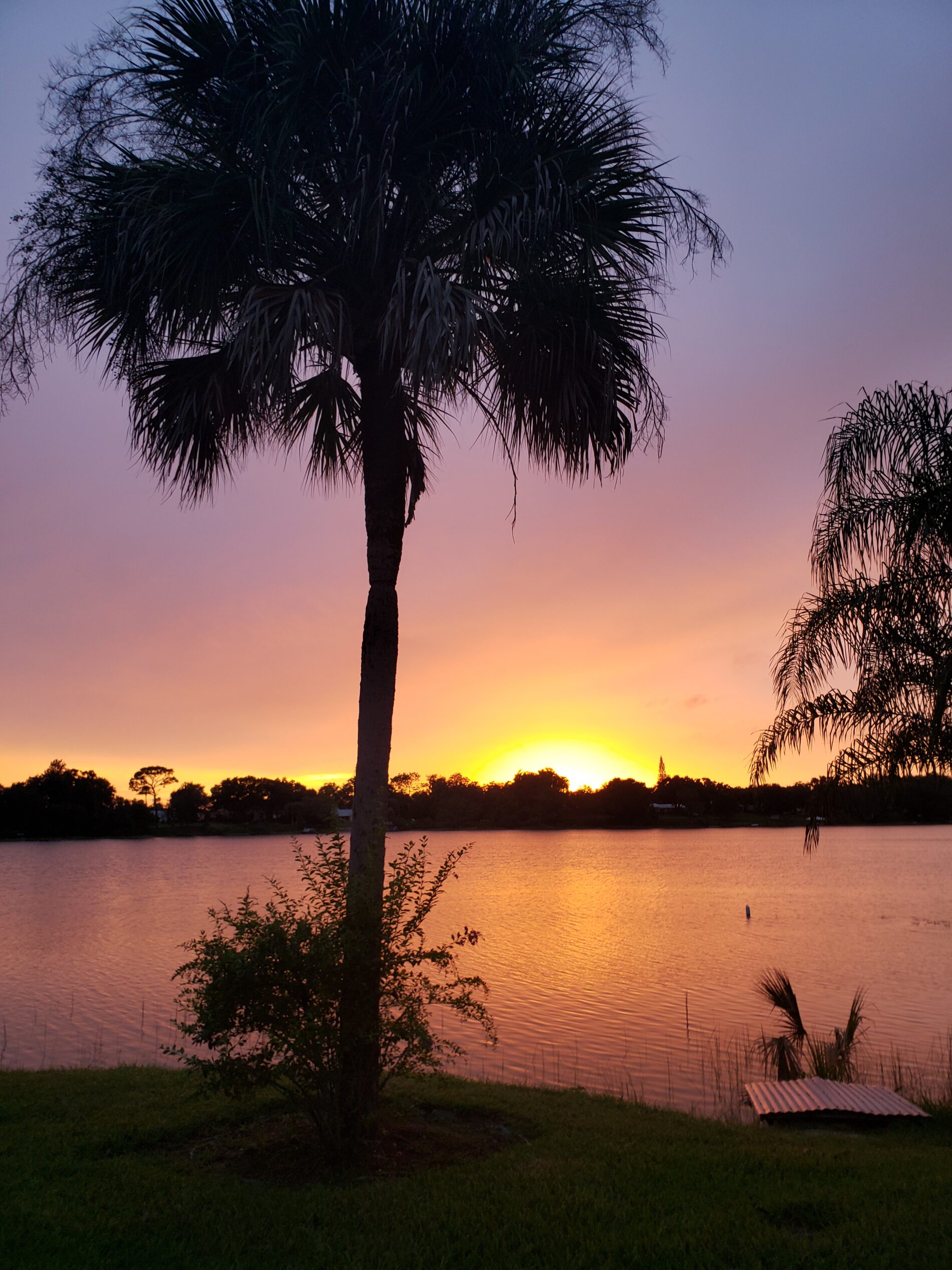Jesus hung on the cross between two criminals. Crucifixion was for the worst of the worst. Crucifixion was for those who committed murder, treason, or incited a revolt against Rome. The two men hanging on either side of Jesus committed one of those crimes (41).
One condemned criminal ridiculed Jesus. The other defended Jesus. The latter requested, “Jesus, remember me when you come into your kingdom.” Jesus replied, “I tell you the truth, today you will be with me in paradise.” Jesus called his kingdom paradise.
Paradise is from the Greek noun “paradeisos” (a transliteration). It is from Persian origin, meaning a forest and a park, especially the Garden of Eden. The Septuagint (the ancient Greek translation of the Old Testament, predating Jesus’ time) used paradeisos in Genesis 2:8-10 to describe the Garden in Eden, and in Nehemiah 2:8 for the Persian king’s forest. Mankind, through sin, lost Eden. Jesus removed sin by shedding his blood on the cross. So now I have access to Jesus’ Paradise through his blood.
Paradeisos is used in two other places in the New Testament. Revelation 2:7 records Jesus telling the apostle John, “He who has an ear, let him hear what the Spirit says to the churches. To him who overcomes, I will give the right to eat from the tree of life, which is in the paradise of God.” Jesus overcame the cross to share paradise with those who overcome through faith in him. “Jesus, remember me in your paradise.”


